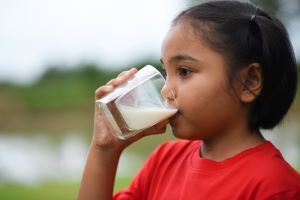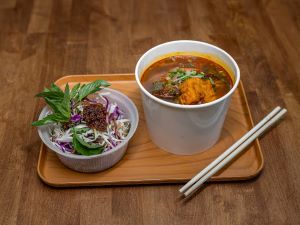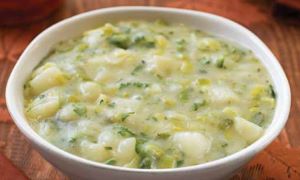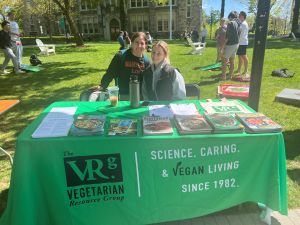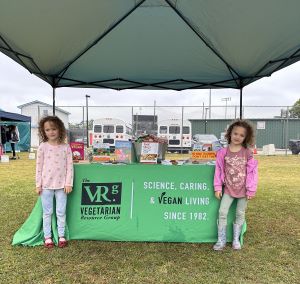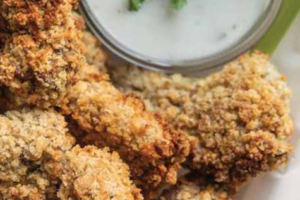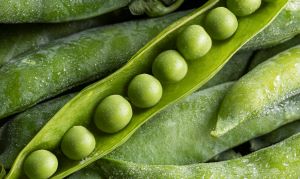Loyola University Maryland VRG Intern Carolyn Stoller
 By Carolyn Stoller, VRG Intern
By Carolyn Stoller, VRG Intern
Starting this past January, I began my internship at VRG to fulfill my Environmental Capstone at Loyola University Maryland. Throughout the internship, I was assigned various assignments, such as writing reviews on vegan restaurants, writing articles on environmental law and how to become an environmental lawyer, helping VRG with their High School Senior scholarship contest entries, and analyzing current VRG articles on various vegan/vegetarian issues.
One of the most interesting articles I wrote for VRG was an article where fellow Loyola University Maryland VRG intern Danielle Choma and I interviewed Heather Francis, a previous VRG intern, who is now a successful environmental lawyer. This article was most interesting to me because I was able to delve into a type of legal field that I hope to pursue after I receive my JD at Maryland Carey Law. To explore deeper into the content of the article, Danielle and I detail the complex field of environmental law, highlighting its critical role in regulating human interactions with the environment. Environmental lawyers play a key role in developing legislation and agreements to protect and conserve natural resources and ecosystems. The area offers a wide range of job opportunities, including private practice, government agencies, non-profit organizations, and advocacy groups, as well as subfields such as energy, land use, and agricultural law.
The article continues with insights from Heather Francis, highlighting her path to law school and beyond. According to Heather, the path to becoming an environmental lawyer includes succeeding academically, doing well on the LSAT, and attending law schools with specific environmental law programs. Following graduation, environmental attorneys take on a variety of professions, ranging from public interest campaigning to compliance advice for corporations. Lastly, the article also explores the intersection between veganism and environmental legislation, emphasizing the relationship between dietary choices, animal welfare, and environmental conservation. It promotes local food systems to help reduce carbon emissions and promote sustainable agriculture.
Another interactive and informative assignment from VRG was writing their restaurant reviews. One of the reviews I wrote talked about Baltimore’s very own bagel shop, called Roland Park Bagels. In this article, I wrote about their vegan bagel menu. Offering a range of plant-based bagel flavors and sandwiches, such as a take on the traditional “bacon, egg, and cheese,” Roland Park Bagels wowed me with its creative take on vegan cooking. In the process of exploring their vegan options, I discovered that plant-based substitutes like “Just Egg” and “Beyond Sausage” closely mimic the flavors of their animal-based counterparts. The vegan bagel I tried and reviewed at Roland Park Bagels surpassed my expectations and dispelled any myths I had regarding the caliber and flavor of vegan cuisine. This meal at Roland Park Bagels was a perfect example of how vegan cuisine is developing, showcasing how sustainable choices can offer delicious alternatives without compromising on taste. What I tried at Roland Park Bagels is exactly what VRG tries to display to the world. Vegan and vegetarian food is not only good for you and good for the planet but can be delicious too.
I’m so thankful I was able to work with The Vegetarian Resource Group this semester. I learned a great deal about the vegetarian and vegan food options available across the nation, the benefits of eating vegan, and how veganism can be applied to my passions in environmental law. I hope to continue my exploration of vegan options beyond my time at VRG.
For more information about VRG internships, see https://www.vrg.org/student/index.php
To support VRG internships and youth outreach, go to www.vrg.org/donate
Or join at https://www.vrg.org/member/2013sv.php
